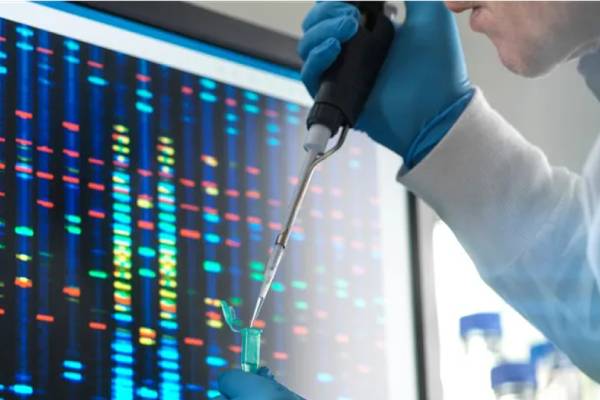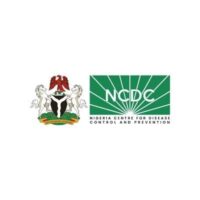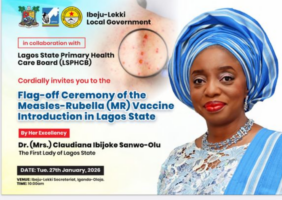Nigeria’s foremost forensic laboratory, Smart DNA, has released its 2025 Annual DNA Testing Report, uncovering troubling insights into paternity and family dynamics across the country.
The report shows that between July 2024 and June 2025, DNA testing surged by 13.1 per cent, driven largely by immigration-related cases linked to the ongoing Japa wave.
One of the most striking findings is the persistently high rate of paternity exclusions.
The report revealed that 25 per cent of men tested were not the biological fathers of the children in question.
Although slightly lower than the 27 per cent recorded in 2024, the figures confirm that one in four Nigerian men who undergo testing still receive negative results.
READ ALSO: Paternity Controversy: Why I Carried Out 5 DNA Tests on Alleged Teen Daughter – Davido
Firstborn children remain the most affected. According to the report, 64 per cent of disputed firstborn sons and a significant share of firstborn daughters were found not to belong to their presumed fathers.
Immigration-related DNA testing also rose sharply to 13.1 per cent, reflecting the unprecedented rate at which Nigerians are relocating abroad and seeking documentation or dual citizenship for their children.
“This pattern raises serious questions about family structures, trust, and social arrangements in urban Nigeria,” the report observed.
READ ALSO: Mother, Daughter Slam Davido for Bullying Amid Paternity Claims
The gender breakdown of testing is equally telling: nearly nine out of every 10 paternity tests were initiated by men, while women accounted for just 11.8 per cent.
Smart DNA’s Operations Manager, Elizabeth Digia, described the findings as a wake-up call, warning that Nigeria lacks specific paternity fraud laws, unlike South Africa, leaving men with little legal recourse after years of financial responsibility.
She called for urgent reforms. “Public health campaigns should normalise paternity discussions and integrate DNA testing into pre-marital and family health programmes. Our role is to provide certainty through accurate testing while encouraging sensitive handling of the life-changing information our clients receive,” she said.





